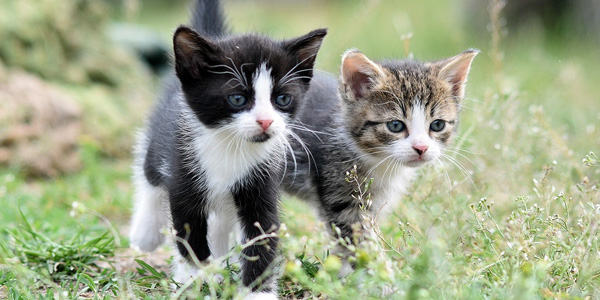Yes, cats can be infected with feline calicivirus (FCV), feline herpesvirus (FHV-1), and feline panleukopenia virus (FPV) simultaneously. This is known as co-infection, and while it’s not the norm, it’s certainly possible—especially in kittens, shelter cats, or those with weakened immune systems.
Here’s how it plays out:
🐾 FCV & FHV-1
These two are the most common culprits behind feline upper respiratory infections. Co-infections between them are well-documented and can worsen symptoms like sneezing, nasal discharge, and oral ulcers.
🦠 FPV (Feline Panleukopenia)
This virus attacks rapidly dividing cells, especially in the bone marrow and intestines, leading to severe immune suppression. If a cat is already battling FPV, it becomes more vulnerable to respiratory viruses like FCV and FHV-1.
📚 Real-World Case
There’s even a documented case of a cat infected with FPV, FCV, and FCoV (feline coronavirus) at the same time, showing that multiple viral infections can coexist and complicate diagnosis and treatment.
The Ringbio FPV FHV FCV IgG Antibody ELISA kit is based on indirect enzyme linked immunosorbentassay to detect the specific antibodies of the 3 virus in cat serum or plasma. The result is specific and accurate, and can be used to help the vet to monitor the vaccine antibody level in pets . If the serum antibody titer is lower, extra vaccination shall be performance to protect the animal.
Check here, https://www.ringbio.com/products/pet/fpv-fhv-fcv-igg-antibody-elisa-kit

